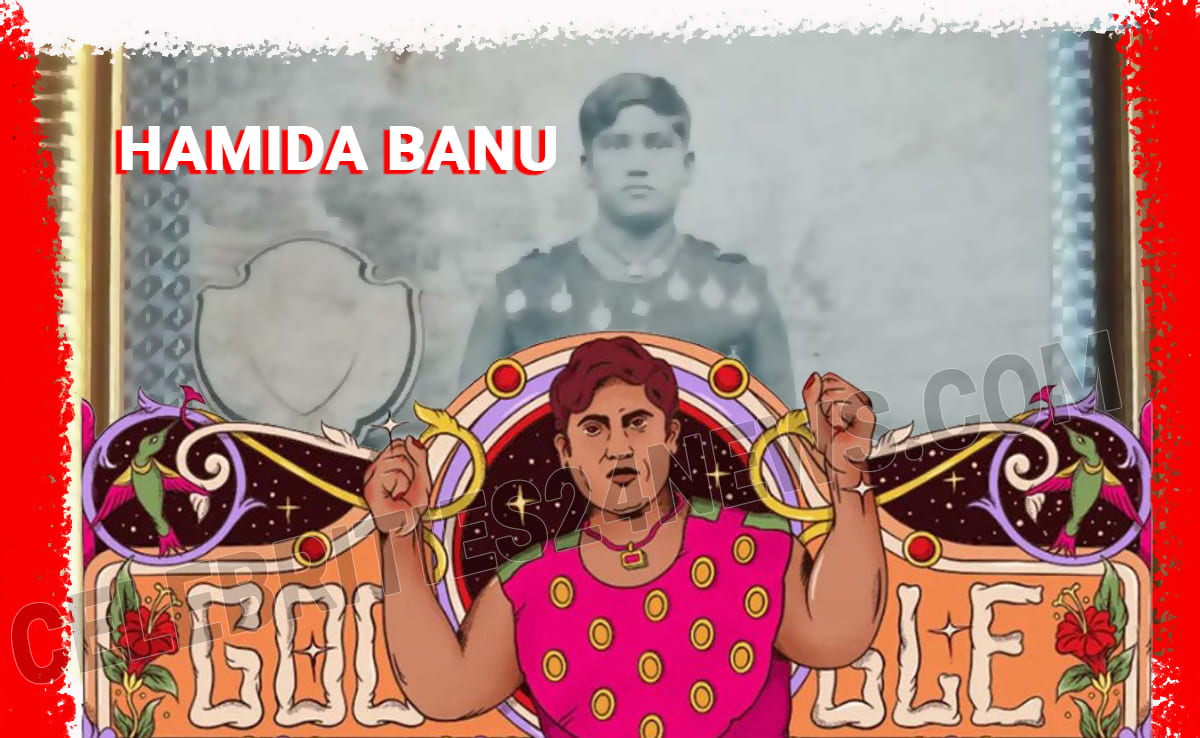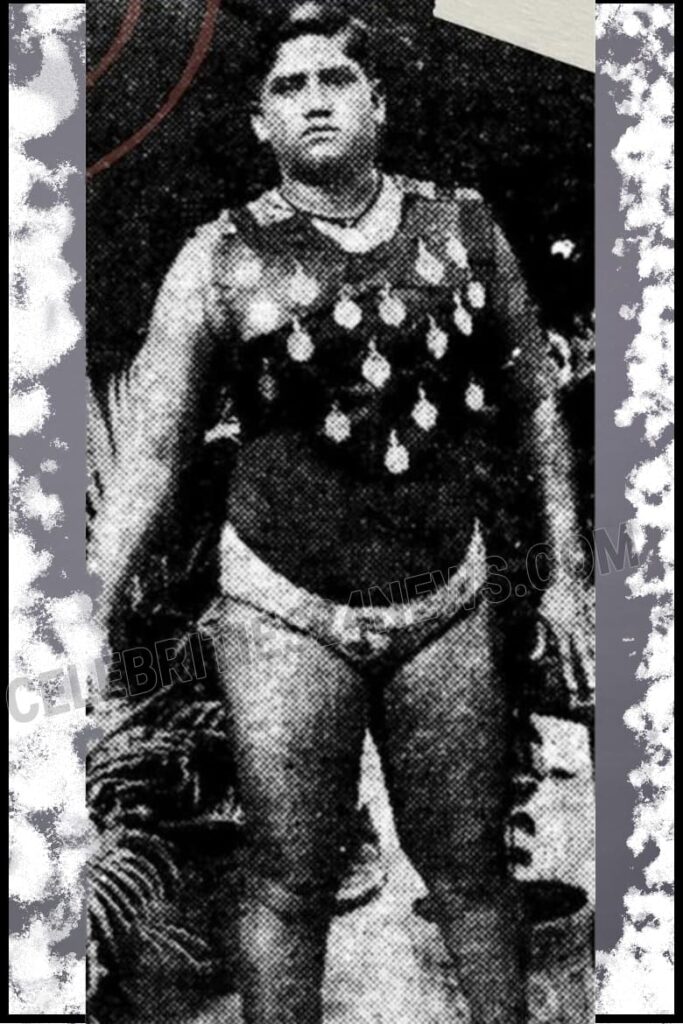Hamida Banu Wrestler Death – The Incredible Life of India’s 1st Woman Wrestler- Who Was Hamida Banu? Who was the “Amazon of Aligarh”? – Wiki, Bio, and Family – Latest Update May 2024
Google-Doodle honors Hamida Banu as the first female wrestler in India to turn professional. The Doodle showcased her pioneering participation in a sport dominated by men in the 1940s and 50s. Let’s look back at the story of Hamida Banu and examine how she achieved fame.
The Google Doodle’s description says that Hamida Banu was a pioneer of her era, and her courage is honored in India and globally. Apart from her achievements in sports, she will always be praised for remaining authentic to who she is.
Who was Wrestler Hamida Banu? Why was she known as the “Amazon of Aligarh”?
Hamida Banu was born near Aligarh, Uttar Pradesh in the early 1900s to a family of wrestlers. She started wrestling during a period when societal norms were against women being involved in sports.
Banu’s career also reached the global stage, where she defeated Russian female wrestler Vera Chistilin in under two minutes. Her name was constantly featured in newspaper headlines, earning her the nickname “Amazon of Aligarh”.
Hamida is remembered in India and worldwide for her trailblazing ways and unyielding bravery. In addition to her athletic achievements, she will forever be honored for remaining authentic to who she is,” it stated.

Hamida Banu Career:
“Beat me in a wrestling and I will get married to you.” According to media reports from the time, Banu, who was in her early thirties, presented an unusual challenge for male wrestlers in February 1954.
Shortly after the declaration, Banu emerged victorious over two male wrestling champions – one from Patiala in the northern Punjab state and the other from Kolkata (formerly Calcutta) in the eastern West Bengal state. In May, she arrived at Vadodara (then known as Baroda) in the western state of Gujarat for her third bout of the year.
Anu had been building his reputation for over ten years at that point. In 1944, the Bombay Chronicle newspaper stated that approximately 20,000 individuals attended a stadium in the city to witness a competition between Banu and wrestler Goonga Pahalwan.
Reports from Banu’s remaining relatives indicate that her departure from Mirzapur in Uttar Pradesh to Aligarh was influenced by her resilience and the traditional beliefs of that era. Over there, she received training from a wrestler in the area named Salam Pahalwan.
In a book published in 1987, Maheshwar Dayal mentioned that Banu’s popularity drew spectators from distant places as she participated in numerous fights in Uttar Pradesh and Punjab.

Banu also encountered difficulties from individuals who were angered by her public performances. The Times of India reported that in Pune city of Maharashtra, a wrestling match with male wrestler Ramchandra Salunke had to be called off due to the objection of the local wrestling federation.
However, shortly after these highly publicized matches, Banu seemed to disappear from the wrestling world.
According to those who knew her, this was the moment when her life took a different turn. At that time, Banu and Salam Pahalwan had started commuting frequently between Aligarh, Mumbai, and Kalyan, a suburb of Mumbai, where they ran a dairy enterprise.
Banu’s grandson, Feroz Shaikh, reveals that Salam Pahalwan, Banu’s coach, disapproved of her travel to Europe (Feroz Shaikh’s father was adopted by Banu).
Mr. Shaikh says he beat her with sticks and broke her hands to prevent her from going to Europe. Her neighbor Rahil Khan backs up this account, confirming that her legs were broken during the assault.
“I remember it well,” he says. “She was unable to stand. It healed later, but she could not walk properly for years without a stick.”
In the end, Salam Pahalwan went back to Aligarh while Banu remained in Kalyan. Ms Sahara stated that Banu came to see him in Aligarh while he was extremely ill and close to death.
Banu earned money by selling milk and leasing some properties. When she no longer had any money left, she would sell snacks that she made at home on the side of the road.
Mr. Shaikh commented that the little-known athlete struggled greatly during her final days as she challenged the societal norms of her era. Hamida Banu passed away in 1986
Is this article supportive? Remark here.




